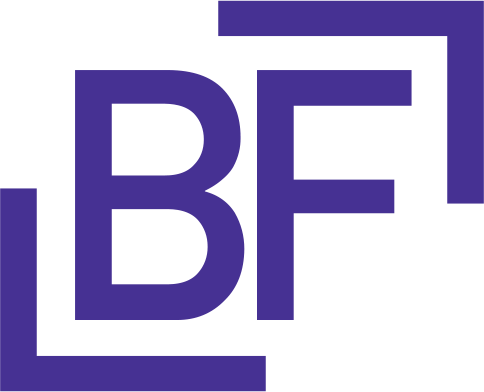Barbosa Film is driven by values that are important as a guiding star and inspiration in this complex industry.
The Barbosa sisters are activists as well as filmmakers. If you want to know more about what inspires them you can have a look at their reading/ watch list called; Educate yourself.
Our Values
Intersectional feminism
Barbosa Film is a femnistic company. When we started the Company in 2014 we were the only feministic company in Norway. And our feminism is intersectional (if you don’t know what that is yet fu**ing google it)!
Gender 40/60
We want to have 60% women working in front and behind the camera. We aspire to have different characters regarding ethnicity, gender, class, orientation by challenging stereotypes in our stories. We also believe that more women in leading positions will make a more healthy environment on set. We want everyone to feel safe so that they can prosper in their workplace.
Diversity 30/70
We want to work for diversity in front and behind the camera. Therefore at BF we want 30 % of our creators to have a minority background. This industry has been white male dominated for decades, and we think that by forwarding stories from different backgrounds we will see new (and way more) interesting perspectives and represent a more realistic view of the complex world we live in today.
Films as an artform
High quality, artistic ambitions. Sometimes it's easy to forget the art in this very commercialised and capitalistic industry. We have to remember why we make films and our belief that art is important and can make change.
Sharing is caring
We feel like there's a new wave of really interesting filmmakers in Norway. We want to help the industry evolve together. By sharing our experiences, because we believe transparency and being inclusive is key for helping talent and creating a healthy and open film environment.
Activism
At Barbosa Film we want to challenge the established. It is our job to do something about inequality and move our business forward. By speaking our mind even though it is uncomfortable. And believe me, before #metoo it was really uncomfortable.
Cute and small
We don’t necessarily want to grow, we want to be an independent company, and to be small makes us feel free and more flexible. We’re an anti-capitalistic company so our goal is not growth but sustainability.
Stress less
This industry is a very high pressure and competitive industry, where you can feel like you need to be available 24/7. At BF we do not want to add to this pressure and work for creating a less stressful workplace. A workplace that harmonizes with having a rich life and even being a parent. Way too many women have had to quit the filmbiz after becoming a mother.
Educate yourself!
13th (Documentary, 2016) by Ava DuVernay on Netflix
1994 (Short film, 2010) by Kaveh Tehrani on Youtube
Alle utlendinger har lukka gardiner (Novel, 2015) by Maria Navarro Skaranger
Audrie & Daisy (Documentary, 2016) by Bonni Cohen, Jon Shenk on Netflix
Black KKKlansman (Feature film, 2018) by Spike Lee on Netflix
Det annet kjønn (Novel, 1949) by Simone de Beauvoir
Disclosure (Documentary, 2020) by Sam Feder on Netflix
F-ordet (Novel, 2015) by Jenny Jordahl, Marta Breen, Madeleine Schultz
Girls (Series, 2012) by Lena Dunham on HBO
Girls of the sun (Feature film, 2018) by Eva Husson on Viaplay, Sumo
Hilary (Documentary series, 2020) by Nanette Burstein on NRKTV
Hvem sa hva? Kvinner, menn og språk (Novel, 2018) by Helene Uri
I Am Not Your Negro (Documentary, 2016) by Raoul Peck on NRKTV
I May Destroy You (Series, 2020) by Michaela Coel on HBO
In the No (Podcast, 2017) on Radiolab
Miss Representation (Documentary, 2011) by Jennifer Siebel on Netflix
Paris is Burning (Documentary, 1990) by Jennie Livingston on The Criterion Collection
Silvana (Documentary, 2017) by Christina Tsiobanelis, Mika Gustafson, Olivia Kastebring
Skamløs (Novel, 2017) by Sofia Nesrine Srour, Nancy Herz and Amine Bile
Tante Ulrikkes vei (Novel, 2017) by Zeshan Shakar
Transparent (Series, 2014) by Joey Soloway on Amazone
Unbelievable (Series, 2019) by Lisa Cholodenko on Netflix
Vi burde alle være feminister (Novel, 2014) by Ngozi Adichie
When They See Us (Series, 2019) by Ava DuVernay on Netflix
Why I'm No Longer Talking to White People About Race (Novel, 2017) by Reni Eddo-Lodge.
Feel free to send us your suggestions!

